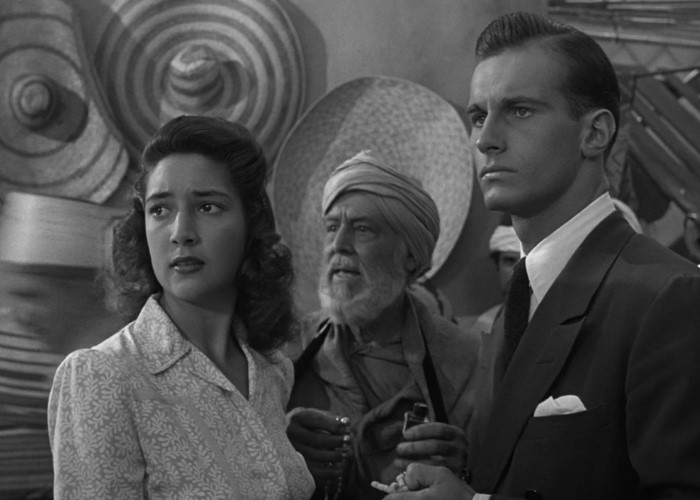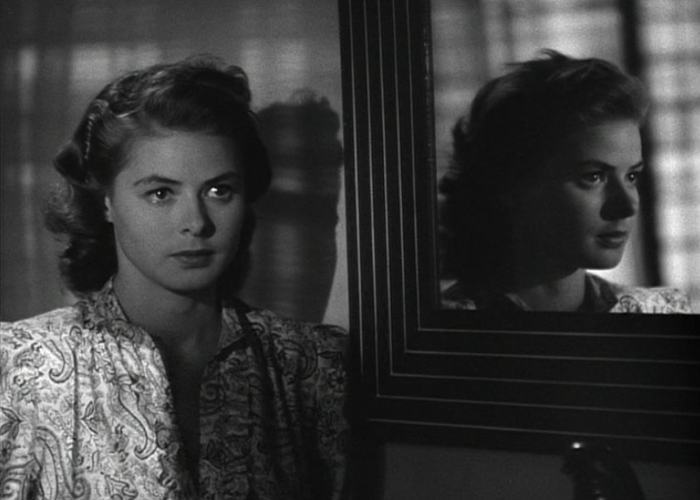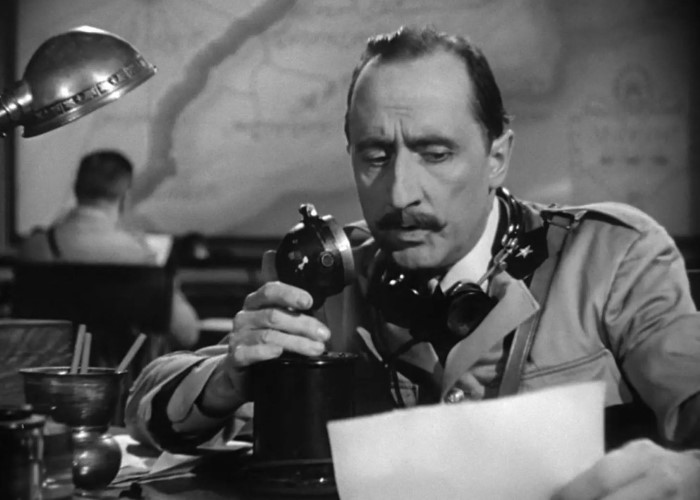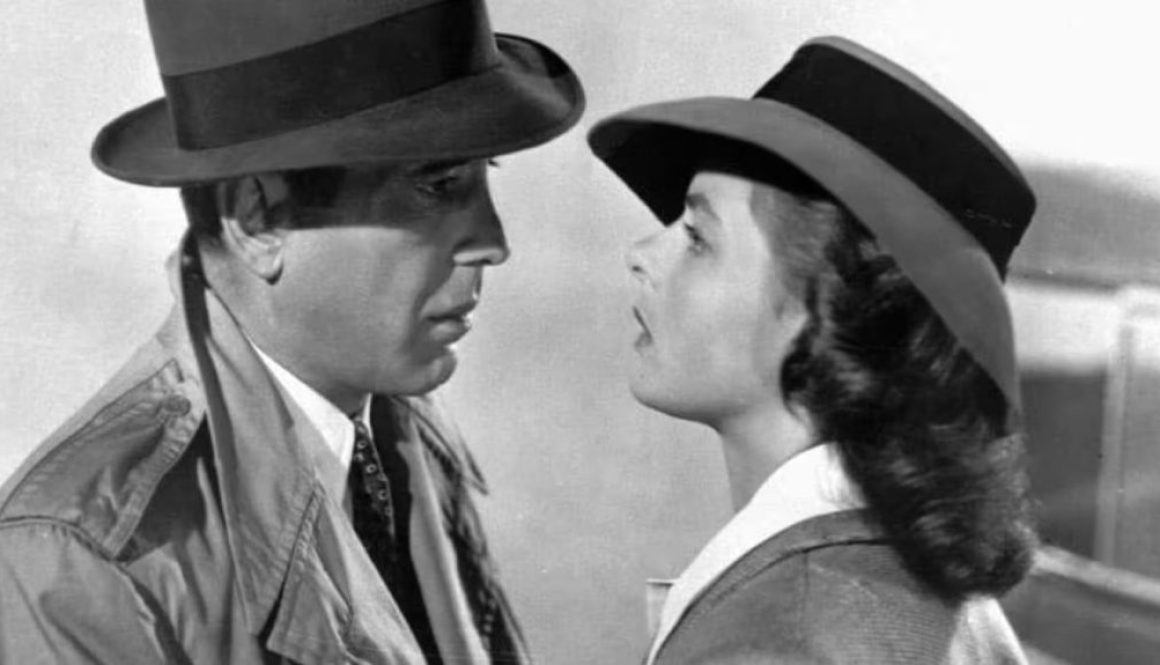What Makes Casablanca (1942) a Timeless Classic
There are movies people always tell you to watch “at least once in your life,” and for the longest time, Casablanca was one of those titles that sat on my list untouched.
I had heard the quotes, seen the memes, and thought I knew enough about it without actually pressing play.
But when I finally sat down and watched it, I realized why this 1942 film is still talked about over 80 years later. Casablanca isn’t just a movie—it’s an experience, and one that still hits surprisingly hard even today.
So, What’s Casablanca About?

Set during World War II, Casablanca takes place in the Moroccan city of the same name, which at the time was a haven for refugees trying to escape the war and reach America.
The film centers around Rick Blaine, played brilliantly by Humphrey Bogart, a cynical nightclub owner who insists he’s neutral in all things political. He’s the kind of character who pretends not to care about anyone, but deep down, you instantly sense there’s more going on beneath his cool surface.
Things change the moment Ilsa Lund walks into his café—played by Ingrid Bergman—and suddenly that hardened emotional armor that Rick wears starts to crack. We quickly learn that the two have a romantic past from Paris, which ended abruptly when Ilsa disappeared from Rick’s life without explanation.
Now, she’s in Casablanca with her husband, Victor Laszlo, a renowned resistance leader being hunted by the Nazis. Ilsa needs Rick’s help to escape with Victor, forcing Rick to choose between love, duty, and the greater good.
I came into the movie expecting it to feel “old” or outdated, but the emotional tension is so well-written that it felt just as gripping as any modern drama.
Even knowing Casablanca’s reputation as one of cinema’s greatest love stories, I still found myself surprised at how powerful and mature—almost painfully real—the romance is.
The Cast That Made It Unforgettable
Humphrey Bogart is the reason the “reluctant hero” archetype became a Hollywood staple. There’s a quiet intensity to his performance that makes Rick one of the most iconic characters in film history. Ingrid Bergman is absolutely captivating, not just as a love interest but as a woman torn between loyalty, love, and survival. Her emotionally layered performance gives the film its heart.
Claude Rains as Captain Louis Renault adds a layer of wit and moral ambiguity to the story, and Paul Henreid plays Victor Laszlo with quiet dignity, making him more than just “the obstacle” in Rick and Ilsa’s love story.
Even the supporting cast, from Sam the pianist to the unforgettable patrons of Rick’s Café, help create a world that feels alive, charming, and full of human stories.
What Made It So Great

One of the reasons Casablanca remains legendary is because it was more than a movie—it was a statement of its time. Released during the war it depicted, audiences watched it not as a nostalgic tale but as a reflection of real-world uncertainty and fear.
The script wasn’t overly theatrical like many films of the era. It was witty, emotionally rich, and surprisingly grounded. Nearly every scene gives us a quotable line, which is why the movie ended up with some of the most famous quotes in film history:
“Here’s looking at you, kid.”
“We’ll always have Paris.”
“Louis, I think this is the beginning of a beautiful friendship.”
These lines have been referenced and parodied everywhere, but in context, they hold a lot more emotional weight than I expected.
Another reason for its greatness is the moral complexity. Modern films often tell us what to think or how to feel, but Casablanca lets viewers wrestle with the characters’ decisions. It doesn’t give a fairy-tale ending. Instead, it gives one that feels honest—bittersweet yet noble.
Casablanca: Its Legacy and Why It Still Matters Today
Casablanca is consistently considered one of the greatest films ever made. It won the Academy Award for Best Picture, Best Director, and Best Screenplay, and continues to appear on every “Top Films of All Time” list.
Its influence stretches across romance, war dramas, and even modern storytelling tropes, inspiring countless filmmakers and screenwriters.
But beyond the awards and recognition, the real legacy of Casablanca is its emotional truth. It’s a story about sacrifice, resilience, heartbreak, and doing what’s right even when it hurts. Those themes never age, no matter how far removed we are from the 1940s.
Why a New Generation Should Watch It
I’ll be honest: younger viewers often assume black-and-white classics will be boring or outdated, and I used to think the same. But Casablanca demolishes that stereotype within minutes. The pacing is tight, the dialogue is sharp, and the love story feels more genuine than half of what Hollywood puts out today.
For anyone who loves film, Casablanca is like a masterclass in screenwriting, acting, cinematography, and emotional storytelling.
But even if you’re not a “classic movie person,” there’s something universal in this story about lost love and tough choices that feels timeless.
Most importantly, watching Casablanca helps you understand where modern cinema comes from.
So many tropes and lines we see today were born here. It’s like listening to a groundbreaking album decades later and realizing your favorite artists were inspired by it.
Final Thoughts

Casablanca isn’t just a movie that critics love because it’s old or “important.” It’s a rare example of a film that actually deserves every bit of praise it gets.
Watching it, I understood why it still resonates. Few films have ever balanced romance, politics, tension, witty dialogue, and emotional depth as well as this one did—and continues to do.
If you’ve been meaning to watch Casablanca but haven’t yet, don’t let the black-and-white footage or its age fool you into thinking it won’t hold up. Sit down with it one evening, let yourself get pulled into Rick’s Café, and by the end, you might find yourself saying exactly what I did:
“I get it now. This really is one of the greatest films ever made.”
Fun Facts About Casablanca
- The famous line “Play it again, Sam” is never actually spoken in the movie. Most people quote it incorrectly. What’s really said is “Play it, Sam” and “Play it once, Sam, for old times’ sake.”
- Humphrey Bogart had to stand on blocks for some scenes because Ingrid Bergman was slightly taller than he was. Hollywood didn’t want their leading man appearing shorter than his co-star.
- The script was constantly being rewritten during filming. Many cast members didn’t know how the story would end until the final days of shooting. Even Bogart himself reportedly didn’t know which man Ilsa would leave with.
- The movie was based on an unproduced stage play titled “Everybody Comes to Rick’s.” Warner Bros bought the rights for the then-record price of $20,000.
- Rick’s iconic white dinner jacket from the film has become so famous that it sold at auction for nearly $600,000 decades later.
- “As Time Goes By,” the movie’s signature song, was almost removed from the film. The studio wanted a new song composed, but Ingrid Bergman had already cut her hair for her next role, making reshoots impossible.
- Casablanca’s iconic final foggy airport scene was filmed on a soundstage using a miniature cardboard airplane and mounds of fog to hide the scale. The illusion worked so well that most viewers never realize it’s not a real plane.
- The letters of transit used in the story are fictional. There was no such legal document that allowed free travel during WWII, but audiences believed it due to the film’s convincing storytelling.
- Ingrid Bergman filmed Casablanca at the same time she was preparing for her role in For Whom the Bell Tolls. She wasn’t sure which film would be more important—she later admitted she chose wrong, thinking Casablanca would be the “lesser” picture.
- The film was rushed into release to take advantage of the real-life Allied invasion of North Africa in 1942, which suddenly made Casablanca a globally relevant location. The timing helped the film become a sensation.
- Ronald Reagan was once rumored to have been offered the role of Rick, although that claim has since been debunked. Still, the rumor persisted for decades.
- Humphrey Bogart wasn’t known for romantic roles before Casablanca. He was usually cast as tough guys, gangsters, or detectives. This film transformed his on-screen image into a romantic leading man.
- The role of Sam was written for a woman originally, and there were talks of casting singer Lena Horne. In the end, Dooley Wilson won the part, and although he plays the piano in the film, he wasn’t actually a pianist—he was a drummer. A studio musician played the piano off-screen.
- Many of the actors in the café scenes were real refugees who had fled Europe during the war. Several cast members had personally endured the horrors of Nazi rule, giving the film’s atmosphere a genuine emotional weight.
- The famous “La Marseillaise” scene, in which patrons drown out German officers by singing the French national anthem, was deeply emotional for the cast. Many actors cried during the scene because they had lived that real fear.
- The director, Michael Curtiz, was known for not fully mastering English. His mispronunciations on set became legendary. Crew members kept a list of “Curtizisms,” such as him supposedly saying, “Bring on the empty horses,” meaning “extras on horseback.”
- Dooley Wilson (Sam) was paid just $350 a week—far less than other supporting actors—despite playing one of the most memorable roles in the film.
- Casablanca didn’t start as a prestige project. It was just one of Warner Bros’ many wartime movies at the time, and the studio did not expect it to become a classic.
- The film originally had a different ending in the play version, one that leaned more comedic and less romantic. The movie’s ending is now considered one of cinema’s greatest, but it was far from finalized at the start.
- Casablanca was almost turned into a sequel, and multiple script drafts were written in the 1940s and 50s. All were rejected because no one believed a sequel could ever match the emotional power of the original.

